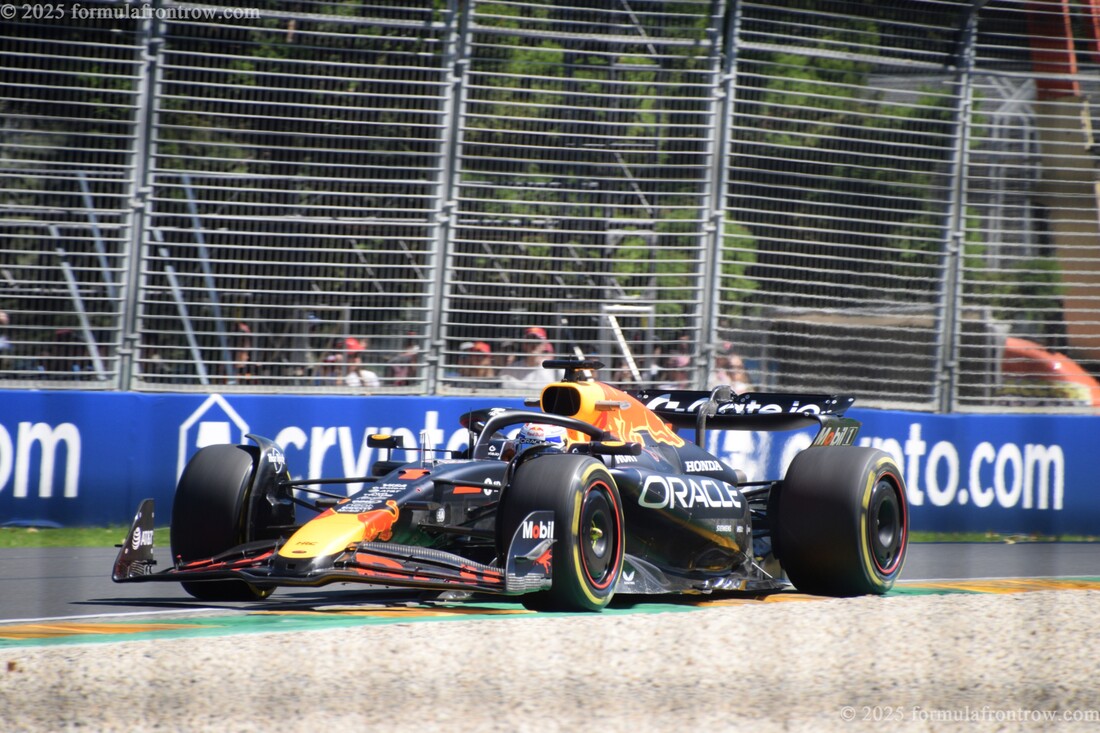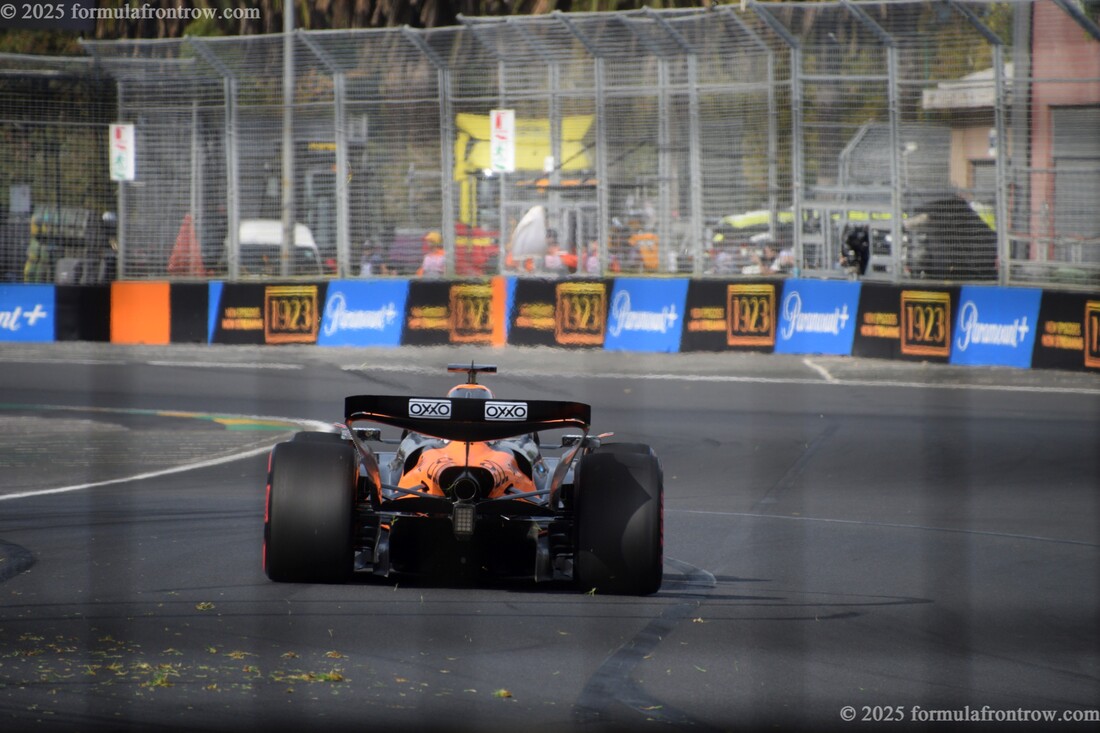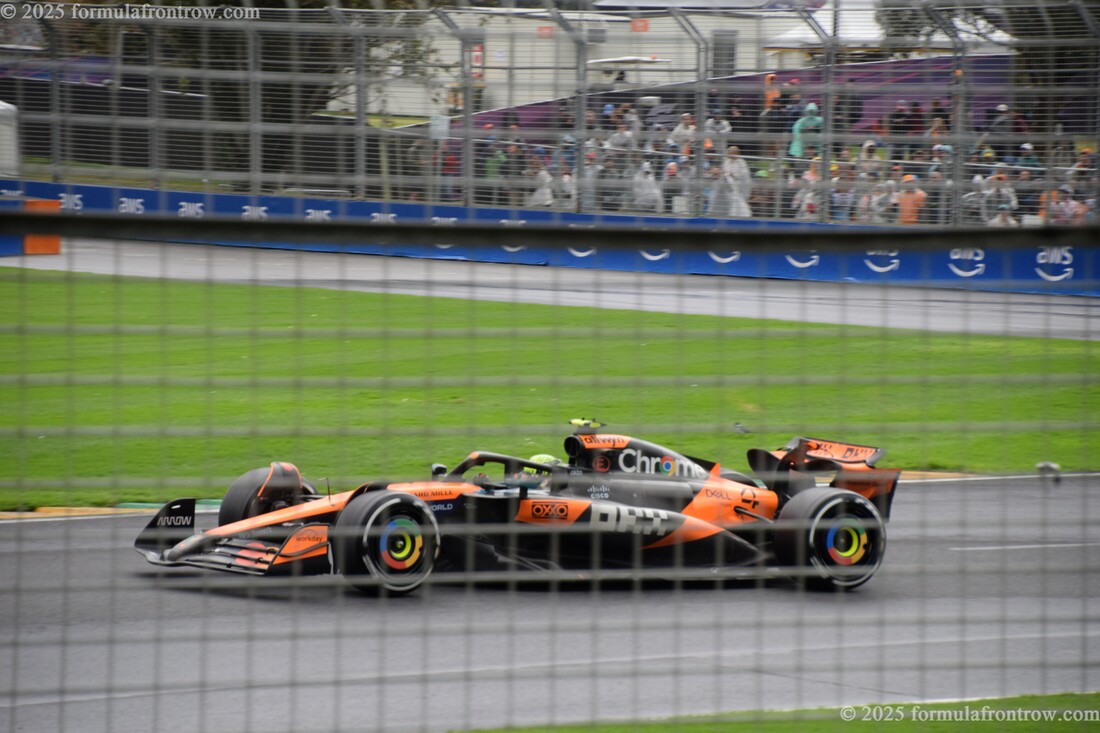 Nico Rosberg, Mercedes, F1, AGP. (C) Nico Rosberg, Mercedes, F1, AGP. (C) Confidence is paramount to a racing driver's psyche. To race in Formula One, a driver's ego must also aspire to a reasonably high level. However, they can also be a fickle bunch with emotions bordering on fragile if they feel someone's conspiring against them or support waning. As fans we love it when intra-team rivalries begin to simmer over and the heat between Mercedes team mates Nico Rosberg and reigning champion Lewis Hamilton is steadily increasing. During the recent Chinese GP, over the team radio for all the world to hear, Rosberg felt he was being slowed up enough by leader Hamilton to push him back into the clutches of Ferrari driver Sebastian Vettel. This prompted the team to urge Hamilton to speed up or risk the undercut of Rosberg by pitting him first. Was Rosberg making a valid point? Shouldn't he simply attack and try to overtake? Rosberg claimed he'd tried this earlier in the race but destroyed his tyres as he couldn't punch through Hamilton's dirty air, therefore was biding his time for an attack in the latter stages of the race. However, it was the post race press conference that made for compulsive viewing for the punters. A still clearly frustrated Rosberg strayed outside the standard corporate moniker and vented his spleen and questioned Hamilton's racecraft. With Hamilton stating it was not his brief to assist anybody else, this clearly did not appease Rosberg. Should the race leader control the pace of the race as they see fit? Isn't the optimum strategy to win the race at the slowest possible pace? Is Rosberg's argument justifiable, or is he just throwing his toys out of the pram? More to the point, should Rosberg have voiced his frustrations so publicly via the post race press conference? He had already stated his concerns over the radio to his team during the race. Is it a case of if Rosberg wants to control the race, he needs to out-qualify Hamilton, make the better start and get to the front? We thought the most telling factor was Hamilton's wry smirk, knowing he's got the measure of Rosberg and already at this early stage of the season, seems well on his way to a third driver's crown. Let the season unfold. Ciao....
0 Comments
 Mercedes, AGP. (C) Mercedes, AGP. (C) When Pirelli became Formula One's latest tyre supplier, they were mandated to provide a tyre that degrades quickly, thereby forcing the various teams' strategists to rethink how they attack each race meeting. No longer could the drivers push to the limits and have flexibility in their stategies. Instead they had to nurse the tyres which once they'd reached the precipice of adhesion, would literally fall off the cliff in the space of a lap or two, thus necessitating a pit stop for new boots. Remember Michael Schumacher's qualifying-esque in and out laps around pitstop times to demoralise the opposition during his Ferrari heyday? In recent times the drivers seem cautious on their in and out laps. Recognising they'd possibly gone too far, Pirelli to their credit have produced more durable tyres for the 2015 season. They still degrade quickly, but not to the startling levels of previous seasons. Now to accompany the new turbo powerplants we have fuel flow limits, whereas a maximum amount of fuel of 100kg/hour is allowed to be utilised. We like the idea of the cars carrying a finite amount of fuel in their tanks to cover the entire race distance, once again forcing teams to evaluate their strategies, but why is the amount that the powerplants can draw upon at any given time legislated? We all know more fuel flowing through an engine's veins produces more power, so why not leave the fuel flow rate to the teams to manage? They still only have a certain amount of fuel to get their cars to the chequered flag. Does limiting the fuel flow rate stifle the powerplant's potential? Is qualifying now the only time we see the pinnacle of motorsport at its fastest? Sure is nice to see F1 cars throwing up sparks from their titanium skid blocks though. An intriguing race in China looms. Will Ferrari continue to challenge Mercedes? Ciao.... |
Categories
All
Archives
September 2025
|



